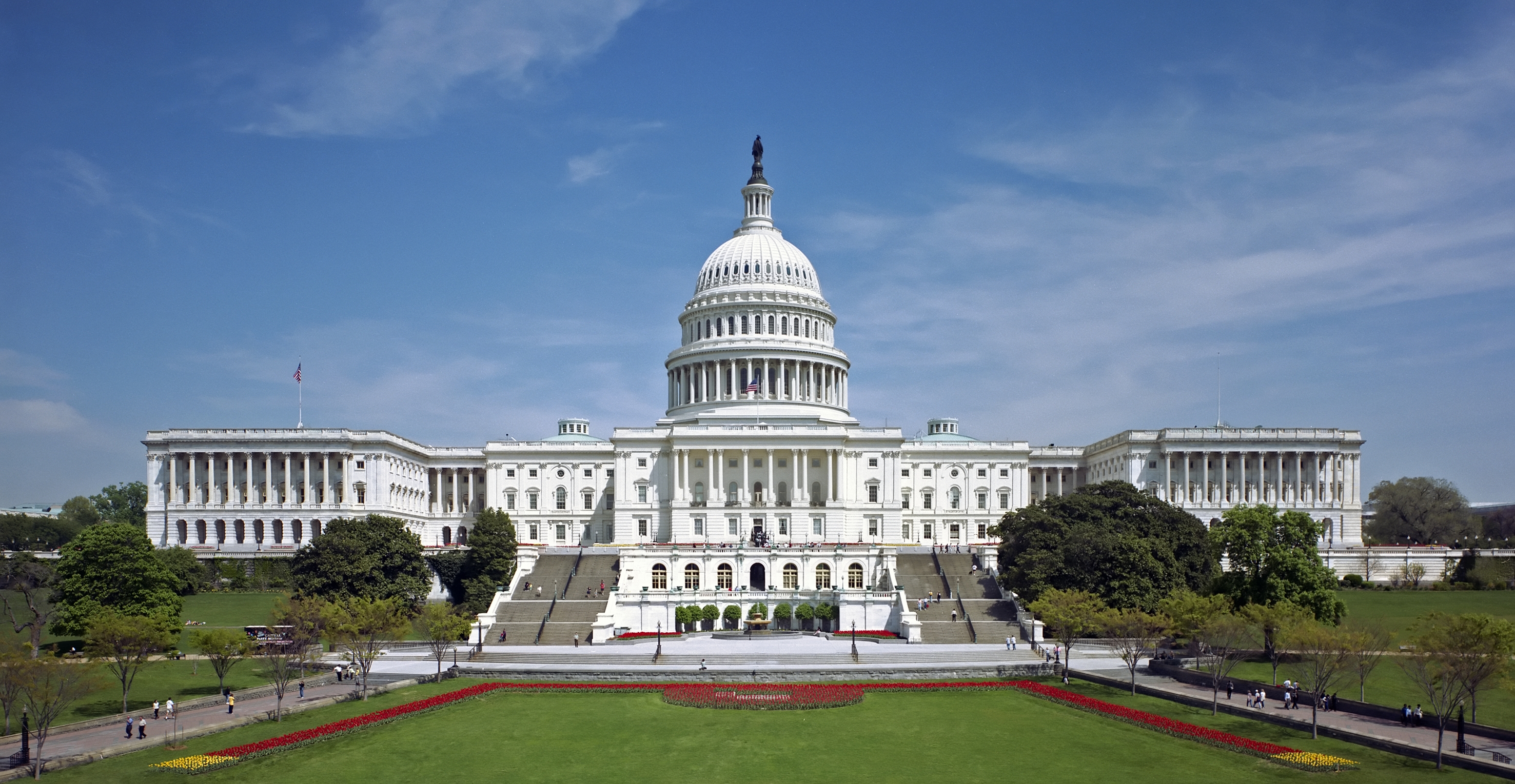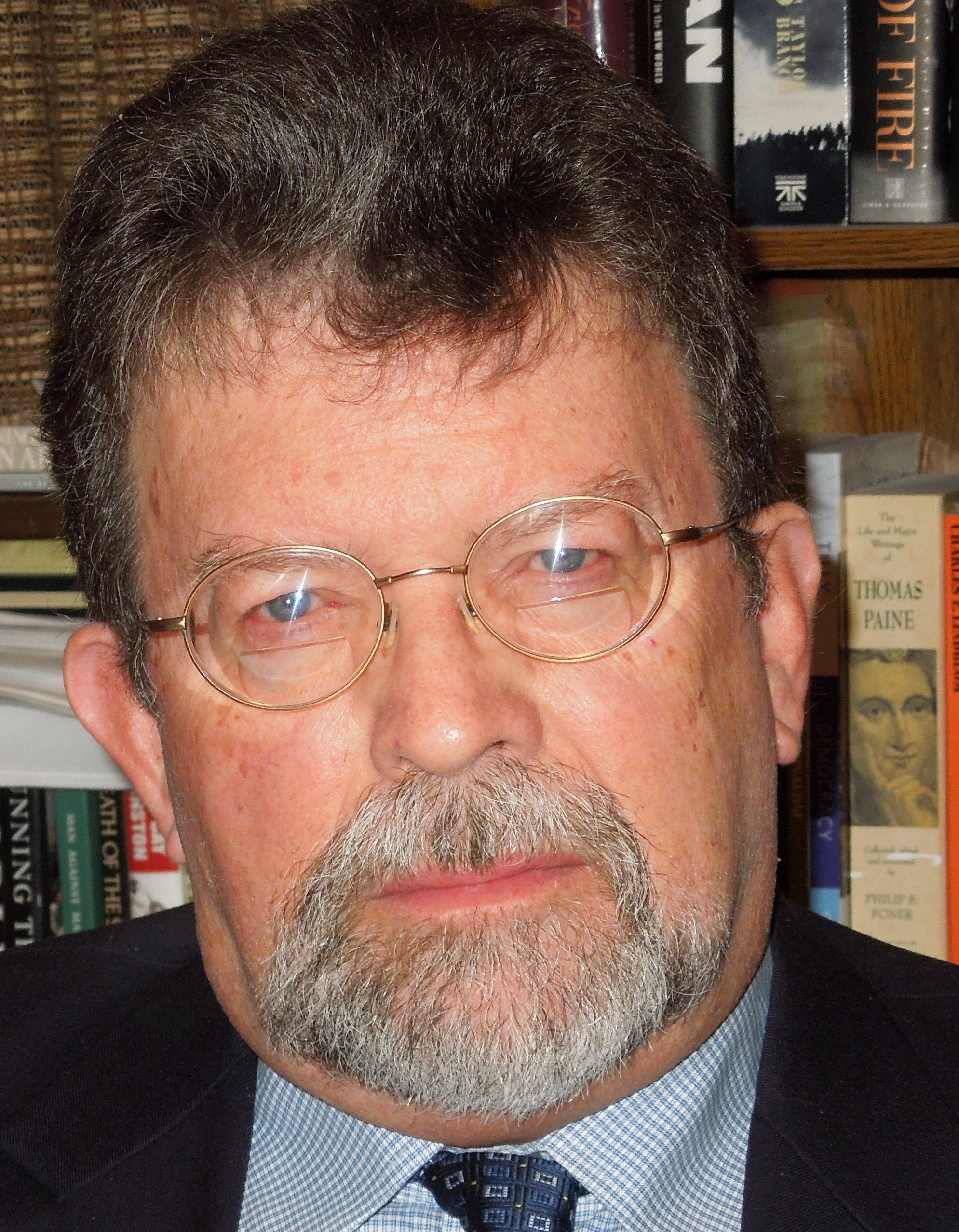
Andrej Kreutz
Adjunct Professor, University of Calgary Affiliated Expert, European Geopolitical Forum
My contributions to the Expert Panel are very much delayed and the situation in Ukraine and in the Western-Russian relations is changing on an almost daily basis. It is now somewhat different than it was a few weeks ago and there are probably even more reasons for concern. In spite of that I would like to provide my answers to the questions to the panel and to add some of my historical reflections on the Western-Russian relations and their future prospects.
1) I do not believe that Brussels itself would be able to take any positive or game changing initiatives. It is too bureaucratic, in a subtle way corrupted, and what is the most important factor, too dependent on Washington. It also does not have any sufficient social support from the European population. Some old European powers, such as Germany, France and perhaps Italy, might play a more active role. Unfortunately, Chancellor Merkel proved to be either unable or unwilling to do that and according to many analysts has already put an end to German Ostpolitik.[1] Her new anti-Russian turn about left no hope for any possible role of Germany as a mediator and intermediary in the present conflict. The French President, Francis Hollande, who has just stopped in Moscow in order to meet Putin,[2] is apparently more willing to talk with the Russian leaders and to understand the interests of their country. However, he is in a rather politically weak position and the Italian leaders have even less strength at their disposal.[3] Because of the present weakness of the old continent the European nations would be probably either mostly passive or as in the cases of Poland and the Baltic states would play a very negative role as the instruments of the most hawkish parts of the American establishment.[4]
2) Washington has many means at its disposal to contain or even destroy Russia as a nation.[5] However, I do not think that they would be willing to go it alone to do that. It wants to use the further economic sanctions and information war, and perhaps even hot war using the Europeans as the cannon fodder. It is the EU, which needs to bear the burden of the anti-Russian sanctions. For the more military involvement the Americans might need to use the Eastern European nations such as Poland, the Baltic States and even Germany. In all these countries the political leaderships are very pro-American and they would probably follow almost any of Washington’s wishes. Reasons of that are complex and would require a special analysis.
3) At least at this moment I do not see any reason why the Washington political elite would be willing to crack on the Russian question even without reference to Europe and to search for a settlement of differences by mutual concessions.The recent US House legislation H. Res. 758 and most of the present administration statements and political actions indicate something just opposite. Although there are in the US a number of experts and respected people who oppose that, they do not seem to represent a sufficient counterbalance. What would be necessary here would be a direct access to the levers of power and the mass media, which are now under some other people’s control.
The situation is thus difficult but I still hope that there is a basis for a kind of optimism. First of all, in a difference with Russia and some parts of Europe, no American vital interests are here at stake. Ukraine might be a country to be used as a lever to press Russia, but by itself is for the West of minor geopolitical and geo-economic interests.[6] In addition one can argue that because of the confused situation in the Islamic world, rising power of China and the numerous other challenges, a long confrontation with Russia might be a waste of the US political capital and does not correspond to its more demanding interests. As in the 19th Century the famous French writer Ernest Renan noticed, "Russia is never as strong as it appears; Russia is never as weak as it appears. Its diplomacy is always relentless.” Russia might be more difficult to defeat than Washington’s elites expected and even such a possible victory might bring results which would be rather harmful for the American interests creating among the others the great and dangerous vacuum of power in Eurasia which the US would not be able to control. As a number of security experts have already indicated, "the general contours of a settlement to the Ukraine’s crisis can be imagined”[7] and with some diplomatic effort put into practice. However, as President of the Center for National Interest Dimitri K. Simes and some of his well experienced colleagues are stressing, "A realist and lasting solution would have to reflect national interests and protect dignity of both sides, including President Putin, yet most in Washington want to treat Putin as if he were Slobodan Milosevic, Saddam Hussein, or Muammar Gaddafi.”[8] In their opinions "it should be clear that this cannot succeed and that "under the circumstances there is now sensible alternative to attempt to open a private channel to Putin trying to end the US-Russia confrontation over Ukraine before it gets completely out of control.”[9] They are similar suggestions from the other experts such as Professor Michael Brenner[10] and Henry Kissinger.[11]
In spite of all present political tensions their voices might make some impact and a threat of major hot war be avoided, but it does not need to mean that the peace will prevail and the international harmony flourish.
Even if we get out of the present crisis the Western-Russian relations will likely remain to both sides a perennial problem and a long lasting challenge. In all its previous history, even in the 19th Century, Russia has never been a really accepted part of the West. Under the existing circumstances of the American global domination and decline of Europe, it has even less than ever chances to be accepted and integrated. In fact the present absorption might mean an enormous disaster to the country destroying its independence and undermining both its traditional culture and well being of the majority of the population. It seems to me that the best thing that Moscow can do is to follow its own way restructuring its economy and protecting its culture and national security of the nation. This is the way of China and some other BRCS’ nations, but for a number of reasons it might be for Russia more difficult than to the others. One of the major obstacles would be here the internal split of its elites and their well-established Western connections. Some conflicts are going to reappear but if a major war could be avoided then Russian-Western relations might also develop some patterns of mutual recognition and cooperation of the two different political blocs and cultures. The West is willing and able to do that in case China, Saudi Arabia and many other non-Western power centers. I think that it might be also a possible solution to the perennial "Russian Problem.”
[1]. Natalie Nougayrède, "Why Angela Merkel is saying farewell to Ostpolitik,” www.theguardian.com, November 26, 2014. See also: Andreas Rinke, "How Putin lost Berlin. Moscow’s annexation of Crimea has transformed Germany’s Russia policy,” German Council of Foreign Relations, 2013.2014; Ekaterina Blinova, "Merkel chooses the dark side and abandons Germany’s pro-Russian ‘ostpolitik,’” Sputnik News, November 27, 2014; and James Petras, "The Rise of German Imperialism and the "Phony Russian Threat,”” www.thepeoplevoice.org, December 7, 2014.
[2]. "Will meetings with Putin and Nazarbaev help Hollande grow a spine?” https://www.sott.net/article/289902-Will-meetings-with-Putin-and-Nazarbaev-help-Hollande-grow-a-spine, December 7, 2014.
[3]. However, this year Italy’s Foreign Minister Federica Mogherini replaced Catherine Ashton as the EU’s European High Representative for Foreign Affairs. "Italy’s Federica Mogherini appointed as new EU High Representative,” https://www.eeas.europa.eu/top_stories/2014/300814_federica-mogherini-appointed_en.htm, August 30, 2014.
[4]. In the difference with the Middle East or Latin America the West does not need to use a direct military pressure to subordinate the Eastern and Central European political elites. Their obedience is caused rather by a number of domestic, historical and socio-economic factors, including sometimes the blackmail and bribery of their leaders. Those of them who had been in the past a part of the previous Communist system were and might still to be particularly vulnerable to be targeted.
[5]. The fact that Washington policy is now setting the task not simply of containing Russia, but the regime change and the destruction of the nation had already been indicated by Sergei Karaganov in April 2014 "Yevgeniy Shestakov interview with foreign policy expert Sergey Karaganov, World is become less and less pro-Western,” Rossiyskaya Gazeta, April 24, 2014.
[6]. Mark Adamanis, "Whatever Happen to Ukraine The West Won’t Collapse,” Forbes International, September 5, 2014.
[7]. Robert D. Blackwill and Dimitri K. Simes, "Dealing with Putin,” The National Interest, November 16, 2014.
[8]. Op. cit.
[9]. Op. cit.
[10]. Michael Brenner, "Obama, Putin and Ukraine,” Counterpunch, December 1, 2014.
[11]. Henry A. Kissinger, "To settle the Ukraine crisis, start at the end,” Washington Post, March 5, 2014 and his more recent interview, "Do We Achieve World Order Through Chaos or Insight?” Der Spiegel, November 13, 2014.












